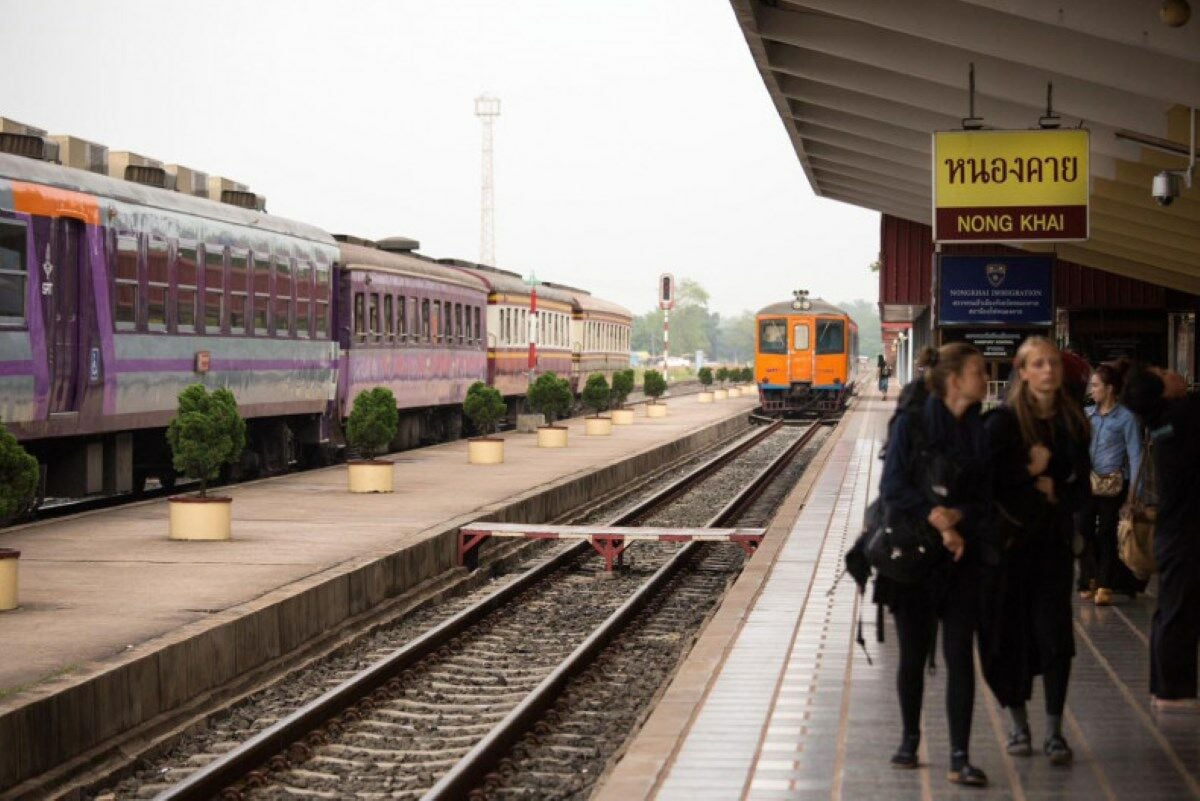Second phase of Khon Kaen to Nong Khai railway starts this year

Construction for the second phase of the double-track railway from Khon Kaen to Nong Khai will commence at the end of this year, with an estimated budget of 28.6 billion baht. The State Railway of Thailand (SRT) Governor, Veeris Ammarapala, confirmed that the project is expected to take approximately three years to complete.
The SRT board, in a meeting yesterday, October 25, approved the bid result for this pivotal phase-two double-track railway project. The CHO Thavee-AS Construction joint venture emerged as the lowest bidder, offering a project value of 28 billion baht, which is notably below the set initial price.
Four companies submitted bids for this significant infrastructure undertaking: Sino-Thai Engineering & Construction PCL, CH Karnchang PCL, Unique Engineering and Construction PCL, and the chosen CHO Thavee-AS Construction joint venture.
A detailed review by the Special Project and Construction Department confirmed that the CHO Thavee-AS Construction joint venture met all the necessary criteria. The next steps involve document verification followed by the contract signing with the winning bidder, slated to occur by next month.
The Notice to Proceed (NTP) is anticipated to be issued between December and January, marking the beginning of the 1,080-day construction timeline.
This railway project forms a critical part of Thailand’s efforts to enhance its transportation infrastructure under the Intercity Network Development plan, as ratified by the Cabinet in October last year. The route extends from Chira Junction in Nakhon Ratchasima through Khon Kaen and Udon Thani, culminating in Nong Khai province.
The construction plan includes adding a parallel rail line to the existing one, with new route adjustments over a distance of approximately 167 kilometres.
Bangkok Post reported that the project also entails building 14 stations, four halts, and three cargo yards, along with installing advanced signalling and telecommunication systems. The entire project is expected to be completed and fully operational by 2027.
Veeris shared his thoughts on the upcoming railway expansion project.
“This route will boost rail logistics for both freight and passenger services. It will reduce logistics costs, travel time by one to 1.5 hours, fuel consumption, and environmental pollution while improving safety by reducing risks at railway crossings.”
“This project will significantly upgrade rail transport efficiency and convenience for commuters, creating connections for goods transport across regions.”
Latest Thailand News
Follow The Thaiger on Google News:


























